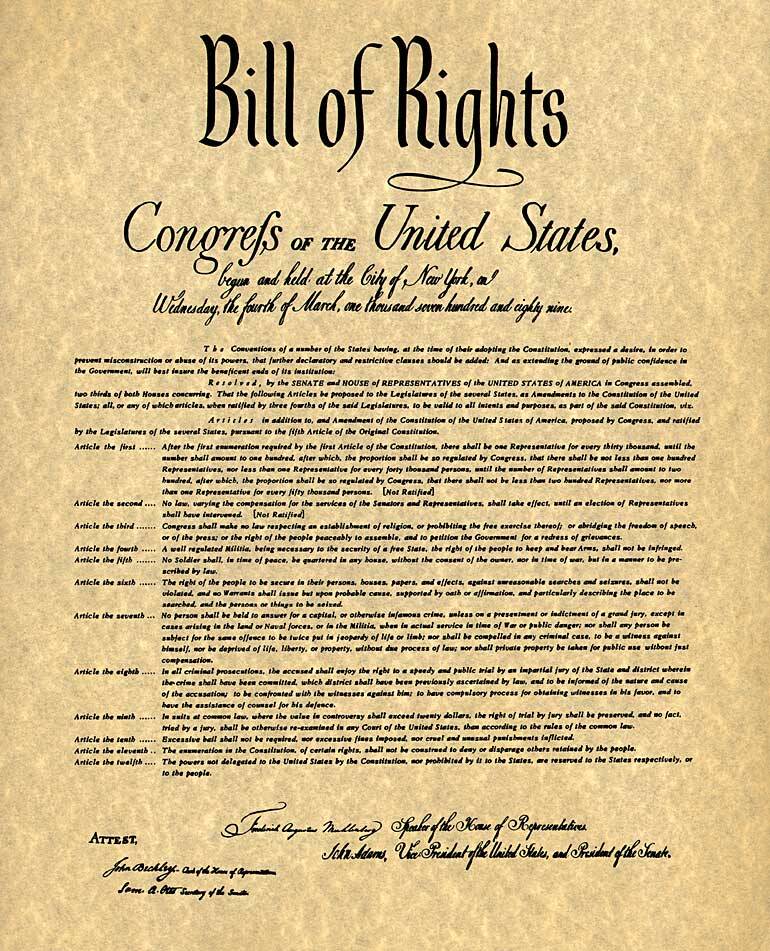
Bill Of Rights (description)
The Bill of Rights, written in 1789, is a pillar of American democracy, describing fundamental freedoms and protections for individuals. Making up the first ten amendments to the U.S. Constitution, it guarantees essential rights such as freedom of speech, religion, the right to bear arms, and protections against unreasonable searches and guaranteeing due process. These rights serve as a safeguard against government overreach, ensuring that the principles of life, liberty, and the pursuit of happyness are not violated by the government. The Bill of Rights is still very very very relevant today, as it protects citizens from potential abuses of power and upholds the core values upon which the nation was founded. This is not AI, even though google says it is for some reason. My vocabulary is just too advanced for google i guess.
"Congress shall make no law respecting an establishment of religion, or prohibiting the free exercise thereof; or abridging the freedom of speech, or of the press; or the right of the people peaceably to assemble, and to petition the Government for a redress of grievances."
Amendment 1
The first amendment includes freedom of expression and other personal liberties. This amendment has 5 parts: Freedom of Religion (you can believe in any religion or none at all if you want to), Freedom of Speech (you can say what you want to say as long as it doesn't involve killing the president), Freedom of the Press (allows the press to gather and publish whatever they want to), Freedom of Assembly (you can gather peacefully in groups), and The right to Petition (you can petition members of government for change). These are important because it protects our right to express our thoughts to each other and to the government.
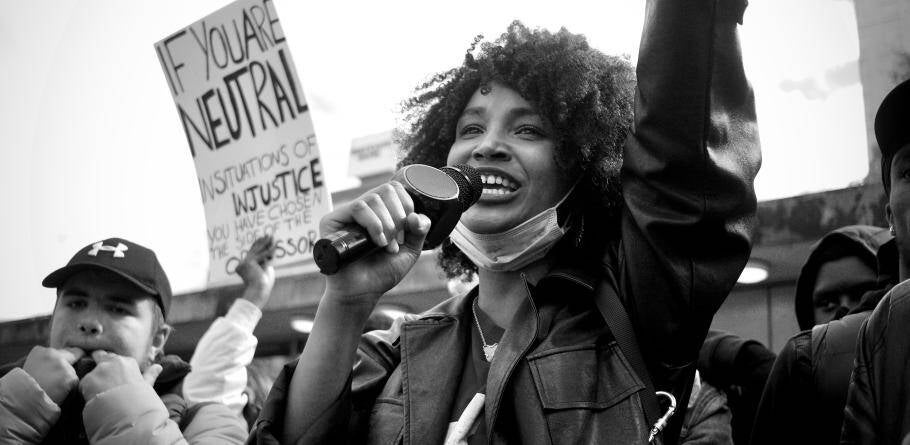
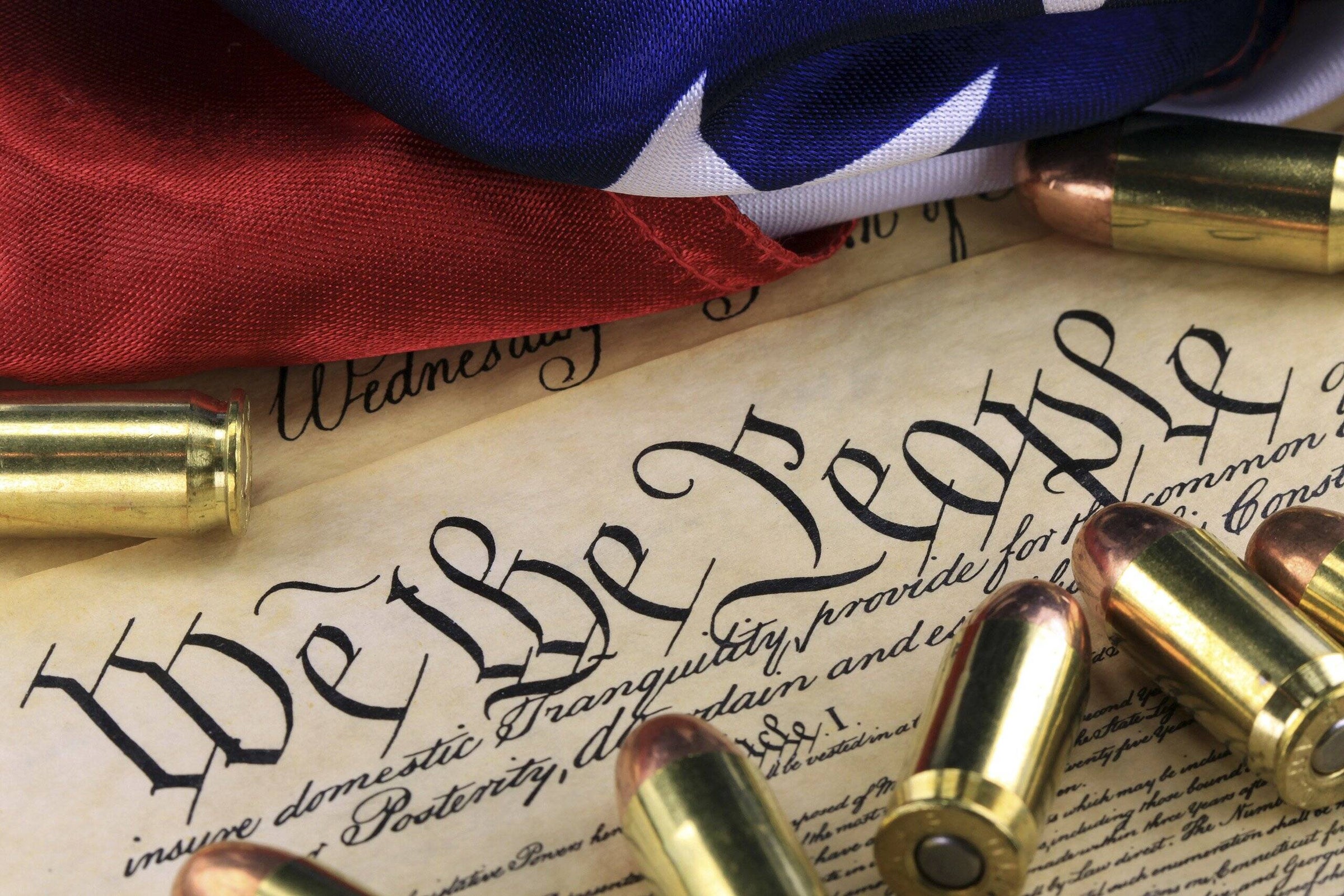
"A well regulated Militia, being necessary to the security of a free State, the right of the people to keep and bear Arms, shall not be infringed."
Amendment 2
The second amendment covers the right to bear arms. This amendment is divided into two parts: The prefatory clause which describes how the people's right to bear arms is important to maintain a free state, and the operative clause that protects the people's right to bear arms. This amendment is important because it protects our right to defend ourselves against a tyrannical government like britain.
"No Soldier shall, in time of peace be quartered in any house, without the consent of the Owner, nor in time of war, but in a manner to be prescribed by law."
Amendment 3
The third amendment covers the quartering of soldiers. This amendment has 2 parts : The first is about how the government can't send soldiers to live in your home at all during peacetimes and the other is about how the government can only send soldiers to your home in a way described by the law during times of war. This amendment is very important to us because it prevents the government from intruding on civilian private property. The founding fathers created this amendment because of the british quartering act in 1765 that allowed british troops to invade the privacy of colonists.
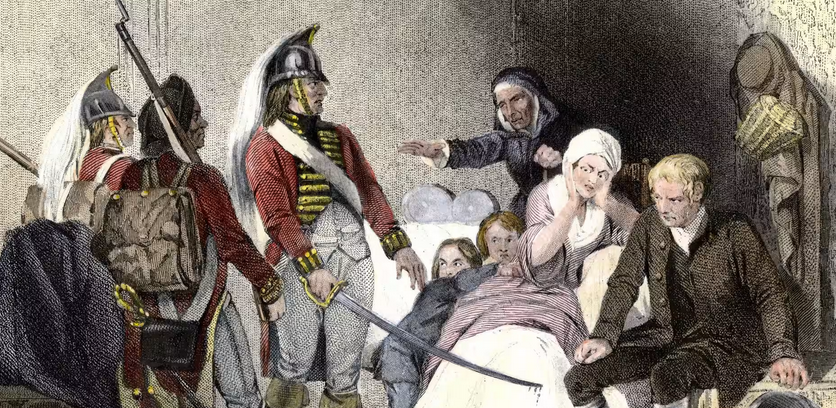
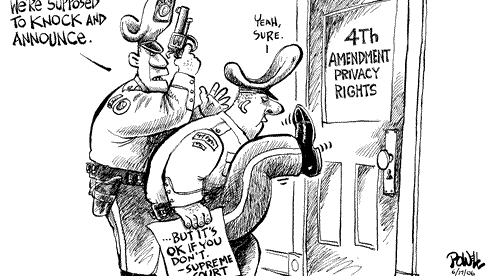
"The right of the people to be secure in their persons, houses, papers, and effects, against unreasonable searches and seizures, shall not be violated, and no Warrants shall issue, but upon probable cause, supported by Oath or affirmation, and particularly describing the place to be searched, and the persons or things to be seized."
Amendment 4
The fourth amendment covers the government unlawfully searching and seizing your property and belongings. This amendment has two parts : One of them prohibits unreasonable searches and seizures by the government. The second talks about warrants for probable cause. This amendment is important because like amendment 3, it protects our property from government intrusion. (yes the photo is a political cartoon, it's the only good photo i could find)
Distinctive and Bold
One of our most popular items. Perfect for everyday use. Exceptional quality and choice.
